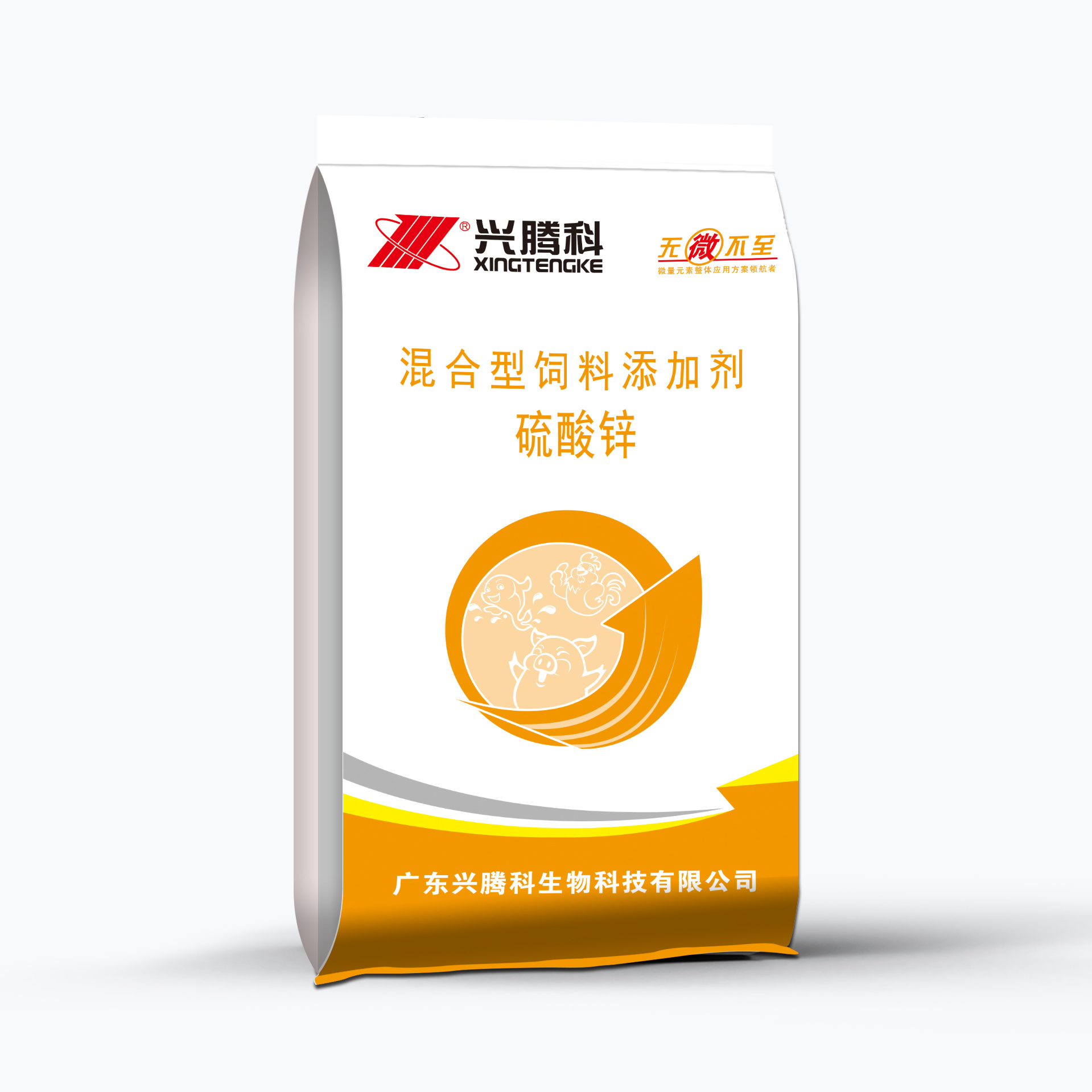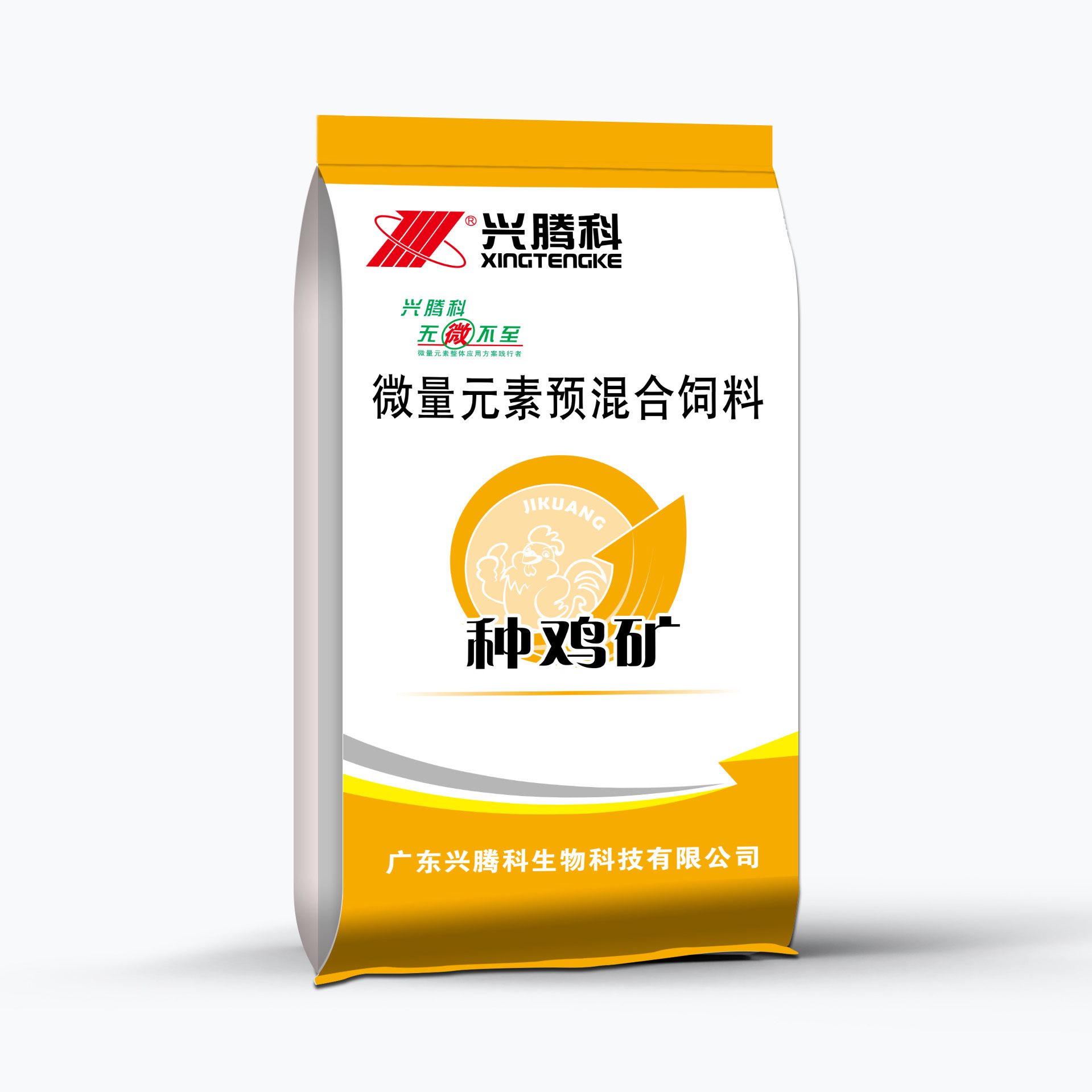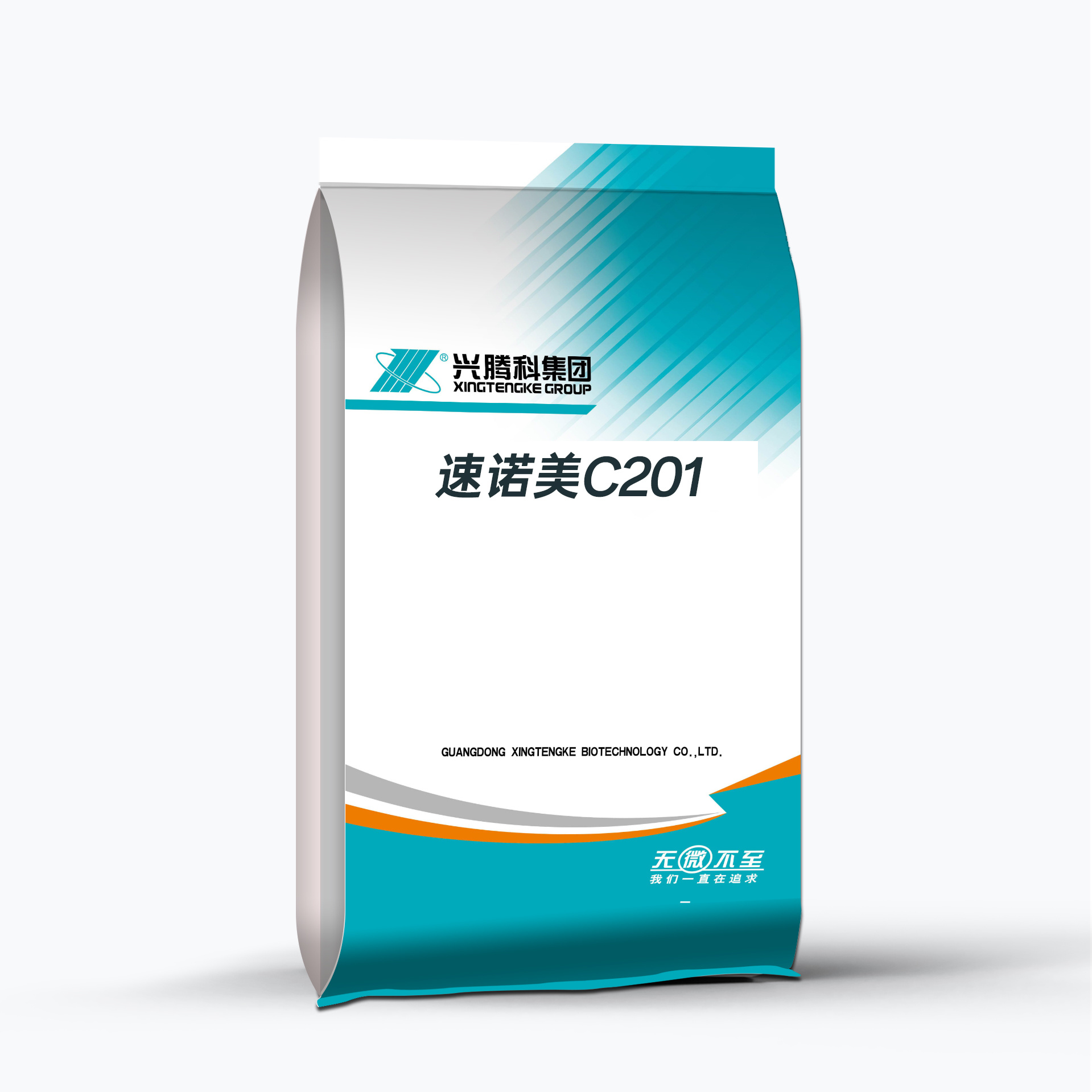The Ultimate Guide to Poultry Nutrition: Focusing on Mineral Premixes
Release time:
2025-08-08 15:44
Source:
The Ultimate Guide to Poultry Nutrition: Focusing on Mineral Premixes
Table of Contents
- What Are Mineral Premixes in Poultry Nutrition?
- The Importance of Minerals in Poultry Nutrition
- Types of Mineral Premixes for Poultry
- Key Minerals Essential for Poultry Health
- How to Choose the Right Mineral Premix for Your Poultry
- Formulating a Balanced Diet Using Mineral Premixes
- Common Misconceptions About Mineral Premixes
- Frequently Asked Questions (FAQs)
- Conclusion
What Are Mineral Premixes in Poultry Nutrition?
Mineral premixes are specialized blends of essential minerals combined to support the nutritional needs of poultry. These premixes are designed to ensure that birds receive adequate levels of minerals necessary for various bodily functions, growth, and overall health. They can come in various formulations and are tailored to meet the specific needs of different poultry species, such as broilers, layers, and turkeys.
The Importance of Minerals in Poultry Nutrition
Minerals play a fundamental role in poultry nutrition. They are crucial for:
- Bone Development: Minerals like calcium and phosphorus are vital for developing strong bones and skeletal structures.
- Egg Production: For layers, minerals contribute to the quality and strength of eggshells, impacting overall egg production efficiency.
- Metabolism: Minerals facilitate essential metabolic processes, including enzyme function and energy production.
- Immune System Support: Adequate mineral intake enhances the immune response, helping poultry resist diseases.
- Growth: Young birds require a precise balance of minerals for optimal growth rates and feed efficiency.
Consequences of Mineral Deficiencies
Deficiencies in essential minerals can lead to significant health issues in poultry, including poor growth rates, weak bones, reduced egg production, and compromised immune function. Recognizing the signs of mineral deficiencies early can help mitigate long-term effects on flock health.
Types of Mineral Premixes for Poultry
There are several types of mineral premixes available in the market, each formulated for specific nutritional requirements:
- Macro-Mineral Premixes: These contain major minerals like calcium, phosphorus, magnesium, and sodium, crucial for overall poultry health.
- Micro-Mineral Premixes: These include trace minerals such as zinc, copper, manganese, and selenium, which are needed in smaller amounts but are equally important.
- Specialized Premixes: Tailored for specific purposes or conditions, such as breeding, growth promotion, or stress management.
Key Minerals Essential for Poultry Health
Understanding the specific functions of key minerals can help poultry producers make informed decisions regarding supplementation:
Calcium
Calcium is vital for bone formation and eggshell quality. Layers, in particular, require higher calcium levels to produce strong eggshells. Insufficient calcium can lead to weak bones and poor egg production.
Phosphorus
Phosphorus works synergistically with calcium for bone development and energy metabolism. Its balance is crucial; too much or too little can negatively impact poultry health.
Sodium
Sodium is essential for maintaining osmotic balance and proper nerve function. It plays a role in digestion and overall fluid balance within the body.
Zinc
Zinc supports immune health, enzyme function, and overall growth. Deficiencies in zinc can lead to poor feathering and immunocompromised birds.
Selenium
Selenium is vital for antioxidant defense mechanisms and supports immune function. It helps prevent muscle degeneration and can enhance reproductive performance.
How to Choose the Right Mineral Premix for Your Poultry
Selecting the appropriate mineral premix involves considering several factors:
Species of Poultry
Different species have varying nutritional requirements. Broilers, layers, and turkeys each need specific formulations to thrive.
Age and Growth Stage
Adjusting mineral intake according to the age of the birds is essential. Young chicks have different needs compared to mature birds, particularly in terms of calcium and phosphorus ratios.
Poultry Purpose
Whether the primary goal is meat production, egg laying, or breeding, the right premix should align with the intended purpose of the flock.
Feed Composition
Understanding the existing nutrient profile of the feed can help in selecting a mineral premix that complements the feed rather than duplicates what's already present.
Formulating a Balanced Diet Using Mineral Premixes
Formulating a balanced diet for poultry is a meticulous process that involves:
Conducting Nutritional Analysis
Before integrating mineral premixes, performing a nutritional analysis of the feed ingredients is essential. This helps identify gaps in mineral content.
Consulting with Nutritionists
Working with animal nutritionists can ensure that the premix formulation meets the specific needs of your poultry. They can provide tailored recommendations based on flock performance and health outcomes.
Monitoring and Adjusting Diets
Ongoing evaluation of flock health and performance can indicate whether the current mineral premix is meeting the birds' needs. Adjustments may be necessary based on growth rates, egg production, and overall health indicators.
Common Misconceptions About Mineral Premixes
There are various misconceptions surrounding mineral premixes that can impact poultry nutrition:
Misconception: All Mineral Premixes Are the Same
In reality, mineral premixes vary significantly in quality, formulation, and purpose. It is crucial to choose a premix that aligns with your specific flock needs.
Misconception: More Minerals Mean Better Health
Over-supplementation of minerals can have adverse effects, leading to toxicity and imbalances. It's essential to provide the right quantities based on dietary needs.
Misconception: Organic Minerals Are Always Superior
While organic minerals can offer benefits, the effectiveness depends on the specific mineral's bioavailability and the overall diet. Not all organic minerals are created equal.
Frequently Asked Questions (FAQs)
1. What is the role of mineral premixes in poultry farming?
Mineral premixes provide essential minerals that support growth, bone health, egg production, and overall immune function in poultry.
2. How do I know if my poultry needs mineral supplementation?
Conducting regular health assessments and monitoring growth rates can help determine if your poultry is receiving adequate minerals. Consulting with a veterinary nutritionist can provide additional insights.
3. Can I make my own mineral premix?
While it's possible to create a custom mineral premix, it requires a thorough understanding of the nutritional needs of poultry. Consulting with experts is advisable for optimal results.
4. Are there any risks associated with mineral supplementation?
Yes, excessive mineral supplementation can lead to toxicity and health issues. It's essential to adhere to recommended levels based on dietary needs.
5. How often should I assess the mineral needs of my poultry?
Regular assessments at different growth stages, especially during transitions like weaning or laying onset, are crucial for ensuring adequate mineral intake.
Conclusion
In conclusion, understanding the significance of mineral premixes in poultry nutrition is fundamental for any poultry farmer or enthusiast. By focusing on the right composition and balance of minerals, you can enhance the health, productivity, and overall well-being of your flock. Integrating these insights into your poultry management practices will not only improve performance but also foster sustainable and successful farming operations.
poultry nutrition mineral premix









